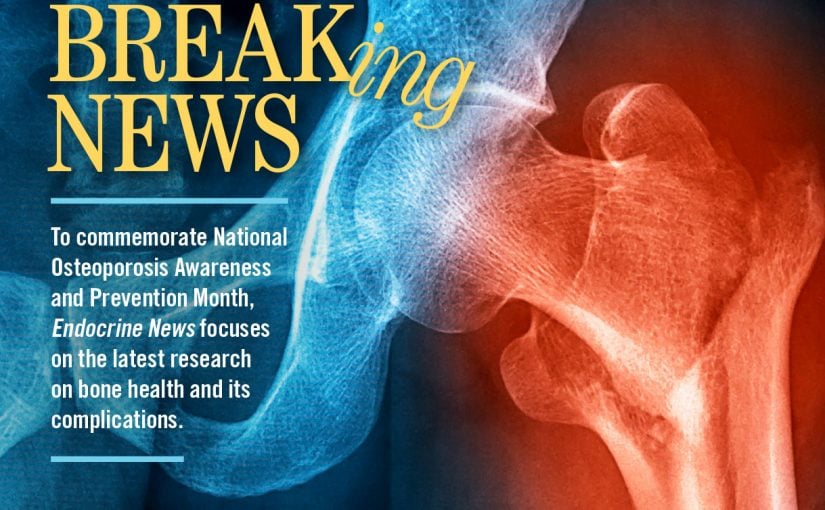
Terry J. Smith, MD
Gerald D. Aurbach Award for Outstanding Translational Research
Terry J. Smith, MD, is the Frederick G.L. Huetwell Professor in Ophthalmology and Visual Sciences and professor of internal medicine at the University of Michigan Medical School in Ann Arbor, Mich.
He’s studied Graves’ disease, its ocular manifestations, and related autoimmune diseases for over 35 years, and his laboratory group was the first to describe the unique molecular attributes of tissue surrounding the eye that make the orbit susceptible to immune activation and inflammation in Graves’ disease. He and his colleagues have mapped the mechanisms involved in tissue remodeling occurring in thyroid-associated ophthalmopathy (TAO), a disfiguring and potentially blinding disease. They identified the insulin-like growth factor-I receptor as a therapeutic target for TAO and their work has culminated in the creation of teprotumumab — the first FDA-approved drug to treat thyroid eye disease.
How has the Endocrine Society supported your professional development/career journey?
The Endocrine Society has always provided me and many of our colleagues with a valued home, supporting the dissemination of new concepts and fostering career advancement of countless numbers of scientists, physicians, and others toiling in the field of endocrinology.
Never allow the loudest voice in the crowd to dissuade you from following your instincts, unless their criticisms are founded in rock-solid fact and objectivity.
As a Laureate Award recipient, do you have any advice for those just beginning their careers?
My advice to young investigative and clinical endocrinologists concerns the importance of persistence, regardless of any “prevailing wisdom.” A well-reasoned hypothesis is almost always worth testing. But this persistence is best punctuated both by self-scrutiny and by scrutiny from wise, open-minded colleagues who should periodically critique your research direction and the strategies you are employing. Above all else, never allow the loudest voice in the crowd to dissuade you from following your instincts, unless their criticisms are founded in rock-solid fact and objectivity.

